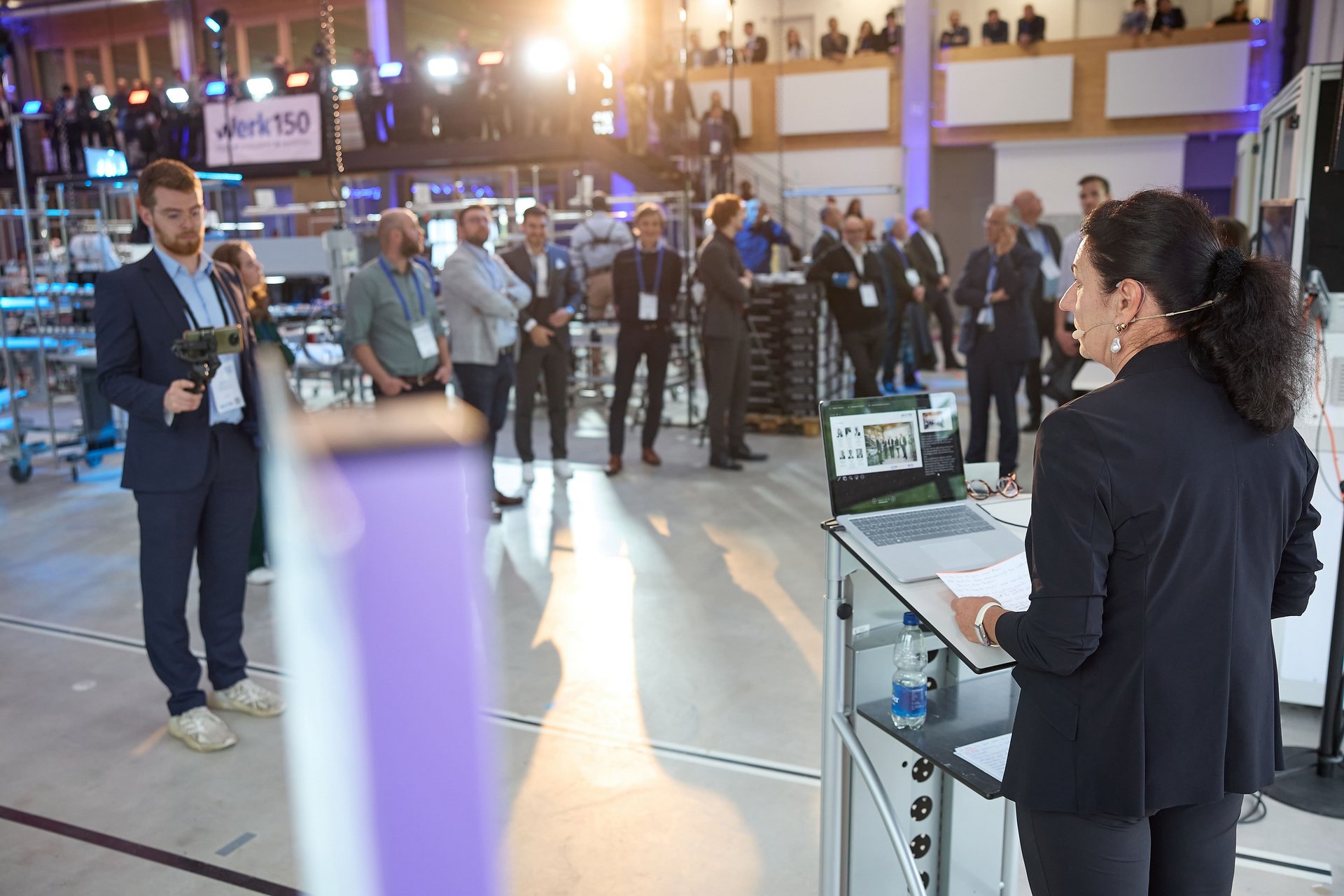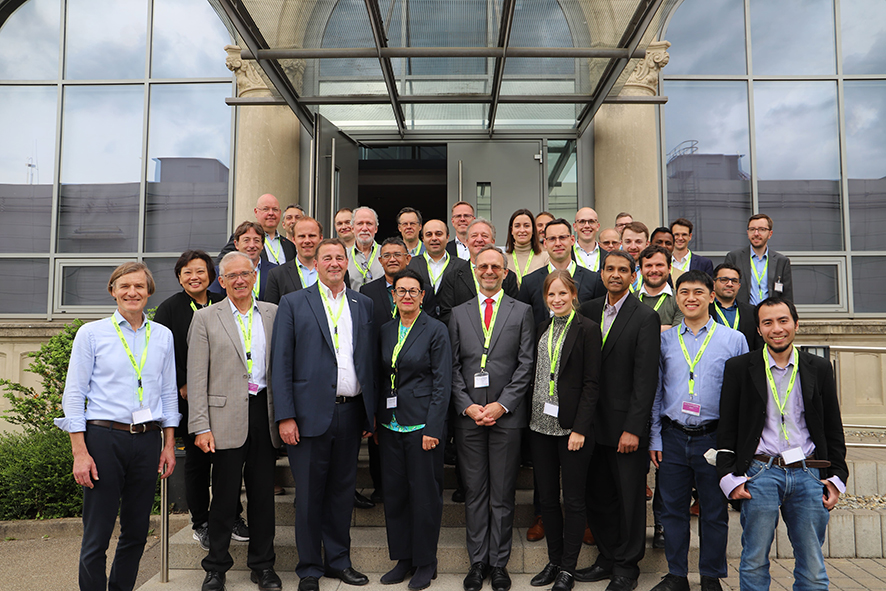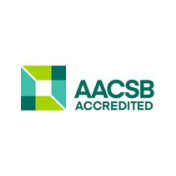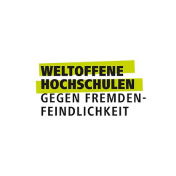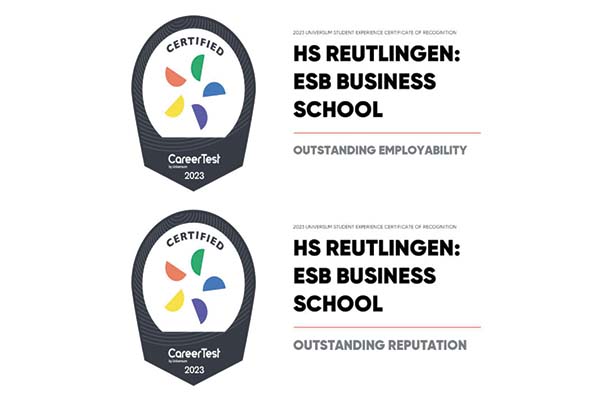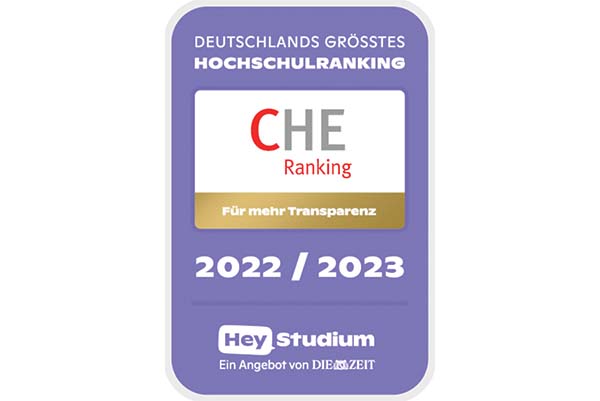Conference on the Future of Learning Factories
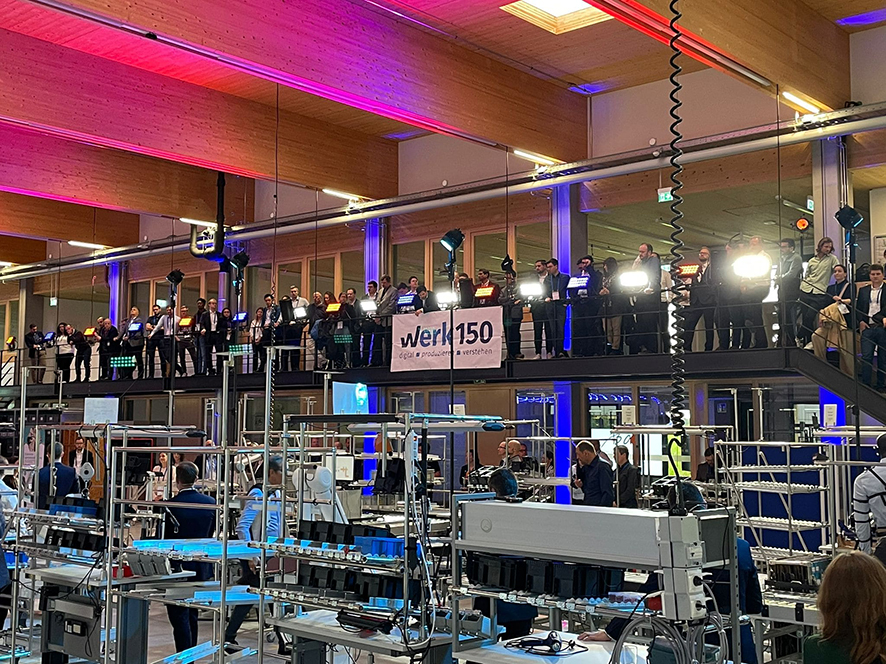
The annual conference of the International Association of Learning Factories (IALF) took place at ESB Business School, situated on the campus of Reutlingen University. Prof. Dr. Vera Hummel has been elected as the new president of IALF.
Vera Hummel's association with the number "13" has now taken on a fortunate connotation. From 9 to 11 May, Professor Hummel and her colleagues from Werk150 at ESB Business School hosted the 13th conference of the International Association of Learning Factories (IALF). Over 140 researchers from 24 countries gathered at Reutlingen University, presenting over 100 research papers on the present and future role of learning factories in research and education.
"In learning factories such as ESB's Werk150 in Reutlingen, the traditional lecture setting is integrated into the factory environment," stated Prof. Dr. Eberhard Abele, founder of the Prozesslernfabrik at TU Darmstadt, during his opening lecture. "Students can immerse themselves in factory processes, engaging their senses in experiencing the sights, sounds, and physical aspects." Prof. Abele, a founding member of IALF alongside Vera Hummel and eight other universities, established the association in 2011. Towards the end of his historical overview, Prof. Abele announced the election of Vera Hummel as the new president.
Hummel has been involved in the development of learning factories for two decades, initially in Stuttgart and later in Reutlingen. In the past, universities were distant from practical applications, inundating students studying production and logistics processes with theoretical knowledge, leading to a jarring transition into their careers. According to Vera Hummel, this has changed significantly today. At Werk150 and numerous learning factories worldwide, the emphasis is on practical experience and enjoyment. "Learning factories provide an ideal training ground that motivates and prepares young individuals," she advocated. "For ESB, Werk150 offers genuine added value."
As an expert in smart factories based in Reutlingen, Hummel will lead the IALF for an initial two-year term. In her role, she intends to continue the successful initiatives of her predecessor, Prof. Christian Ramsauer from Graz University of Technology, while also introducing fresh perspectives, particularly in sustainability. Learning factories are at the forefront of this area, promoting closed value-added cycles, exemplifying the wider understanding of sustainability encompassing technical, economic, and increasingly, biological aspects.
Prof. Dr. Thomas Bauernhansl, Director of the Fraunhofer Institute for Manufacturing Engineering and Automation IPA in Stuttgart, elaborated on this concept in his opening lecture. IPA, a partner of ESB's Werk150, is actively involved in the biological transformation of the industry. Examples such as nerve cells on microchips used as disease-sensing sensors and vertical vegetable farms integrated into skyscraper walls highlight the ongoing developments. While past efforts predominantly focused on economic efficiency, the future direction will prioritize the benefits to individuals and society, with digitalization and artificial intelligence playing an integral role. Learning factories provide an ideal environment for students to engage with these topics at an early stage.
Further internationalization of IALF is another key objective during Hummel's presidency. A glance at the world map, depicting the 31 existing learning factories, clearly highlights the necessity for this expansion. While most learning factories are located in industrialized nations, there is a significant rise in their presence in Asia. However, Africa currently has only one partner institution. Efforts are underway to rectify this situation. IALF plans to propagate learning factories through a flagship project to support the education of young scientists, thereby contributing to the prosperity of emerging and developing countries.
Enhancing the appeal of such training programs is a priority for the future. During the conference, Werk150 showcased a new production line focused on assembling a versatile table that can function as both a desk and a workbench. The table, equipped with solar modules and batteries, achieves energy self-sufficiency while remaining easily portable when folded. This production line embodies a closed value-added cycle, where not only the assembly but also the disassembly and recycling of parts and materials will be performed. Professors Anja Braun, Günter Bitsch, Dominik Lucke, Peter Ohlhausen, Daniel Palm, and Vera Hummel from ESB are spearheading the transformation of Werk150 into a "circular factory."
Prof. Eberhard Abele expressed high praise, stating, "This places Werk150 among the top-tier global learning factories." Achieving such recognition requires scientific excellence, funding, and, above all, a united effort from dedicated individuals. "Werk150 epitomizes this collaboration, which is far from typical in an academic culture often characterized by individualism."
Cooperation among learning factories is similarly noteworthy. Institutions in Reutlingen, Darmstadt, and Bochum have synchronized their curricula to maximize knowledge acquisition. Additionally, the learning factories within IALF collaborate on research projects, offering not only joint exploration of future topics but also complementary insights. This synergy promises further exciting outcomes and a deeper understanding of research and learning practices at the forthcoming 14th conference, scheduled to take place from 17th to 19th April 2024 at the University of Twente in the Netherlands.
